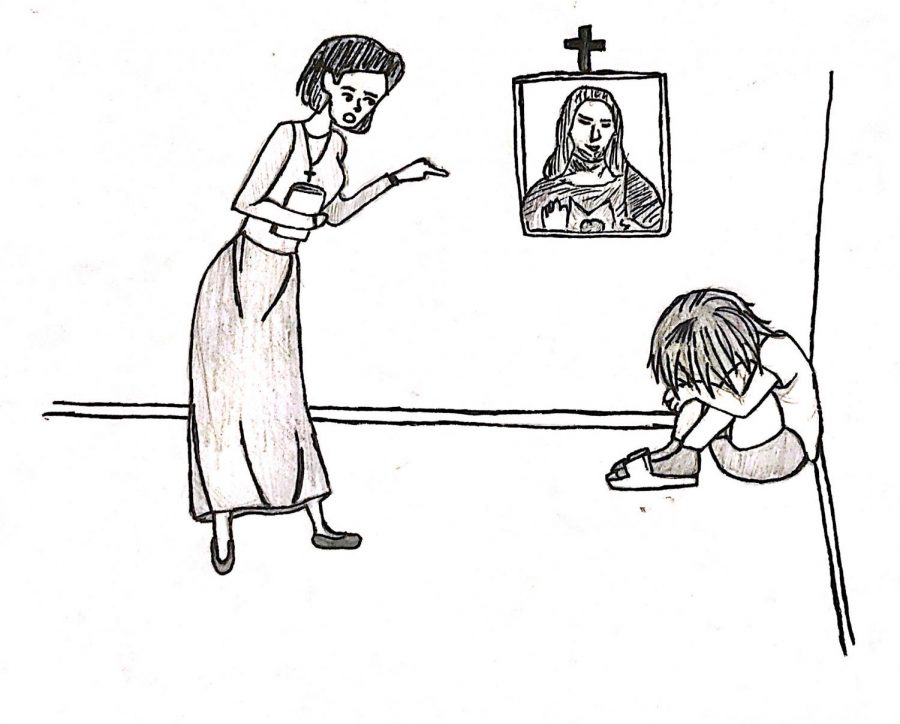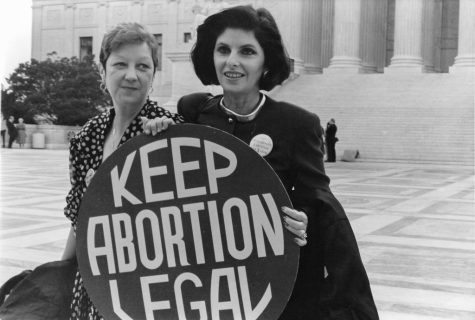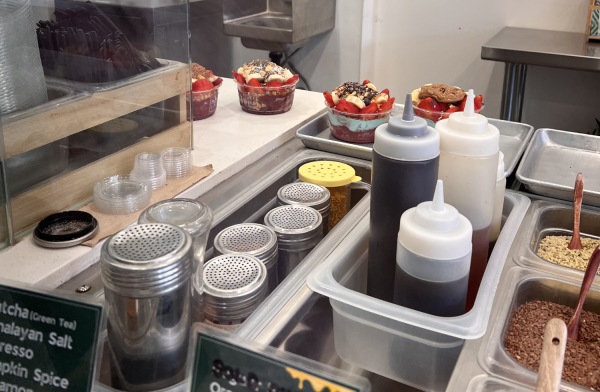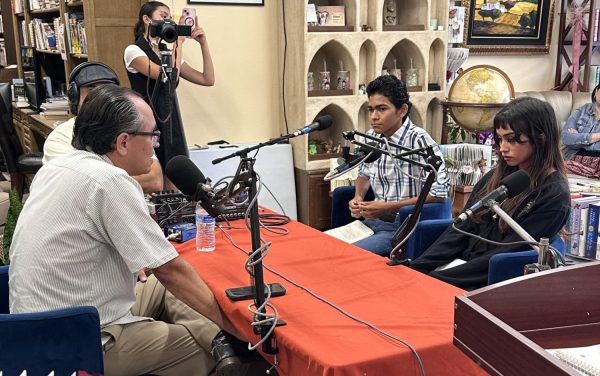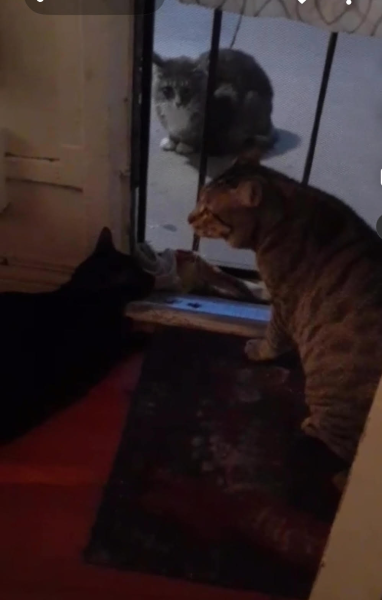Religion: A form of Oppression Rather Than Liberation
Religion has often been seen as a way to bring order to the chaos in our lives. Religion can also bring a deep sense of culture, but it can also have a dark side. Some describe religious upbringing as abusive and think that rather than a form of liberation, religion becomes a form of oppression.
Often when a person says, “Oh, it’s because of my religion,” we automatically give them the freedom to do what they think is fit, even if everyone else knows that what they’re doing is oppressive to their children. Many of the members of the LGBTQIA+ community have a strong familiarity with religion being used as a justification for subjection to abuse. Attempting to come out is even more difficult for kids raised in religious families than it already is. Many have also experienced parents being dismissive about how they make their kids feel, and when confronted about it, it’s considered disrespectful.
Some religious parents are controlling with what their kids are exposed to, such as sex education in health classes or the teaching of evolution in biology classes. They’re able to object and not have their child learn about something that many think is a crucial part of education and maturing. Others have even denied the necessary medical attention from their children. Instead, they turn to prayer and faith as a remedy.
A student here at the colony was willing to open up about her own story. She and her family have been Christian for seven years and attend services twice a week. She is a member of the LGBTQIA+, and her parents don’t approve. They use Christianity as an excuse to put her down. “They have made me feel as if who I decide to be or want to be as a person isn’t valid or is something out of this world that is terribly wrong,” she explains. Due to this constant, daily oppression, her mental health suffered greatly. Having motivation for school is something she’s struggled with for a while now.
Additionally, she explains how much more controlling her parents became and how much more careful she had to be with everything she said around them. “I constantly am trying to figure out what is going to be said at home and how I’m going to reply to certain comments without starting an argument or offending what they believe in.” In effect, she turned to unhealthy coping mechanisms such as substance abuse and self-harm.
Religion can often bring a sense of peace to our lives, but for some, it may bring the complete opposite. And often, the people who need peace are sent over the edge. Religion should feel like something that is for everybody.
Your donation will support the student journalists of Anaheim High School. Your contribution will allow us to purchase equipment and cover our annual website hosting costs.
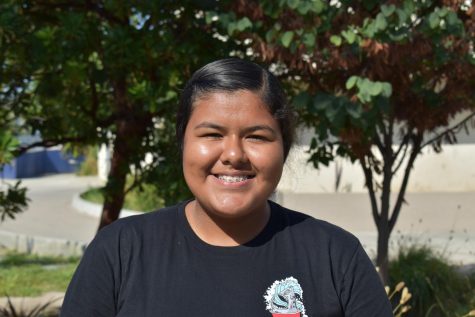
Evelyn Muñoz is a junior at Anaheim HS who is experimenting in journalism for the first time. She’s excited to work with new people as well as write...


